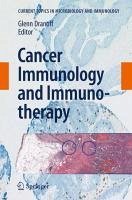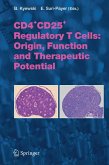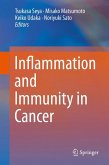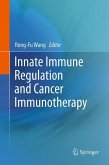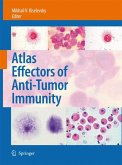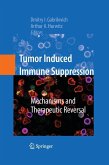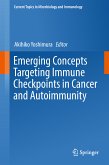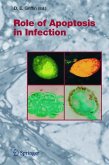Dieser Download kann aus rechtlichen Gründen nur mit Rechnungsadresse in A, B, BG, CY, CZ, D, DK, EW, E, FIN, F, GR, HR, H, IRL, I, LT, L, LR, M, NL, PL, P, R, S, SLO, SK ausgeliefert werden.
"This book comprises 13 reviews, contributed by members of a cross-section of groups working in the ... field of cancer immunology. ... this book is at its best when considering small and apparently discrete topics - its strength comes from being able to read all of these ideas on one place. ... Overall, this book gives a thorough and detailed overview of the current state of basic and translational research into cancer immunology ... . It's probably most appropriate for researchers ... ." (Victoria Lawson, Immunology News, November, 2011)

